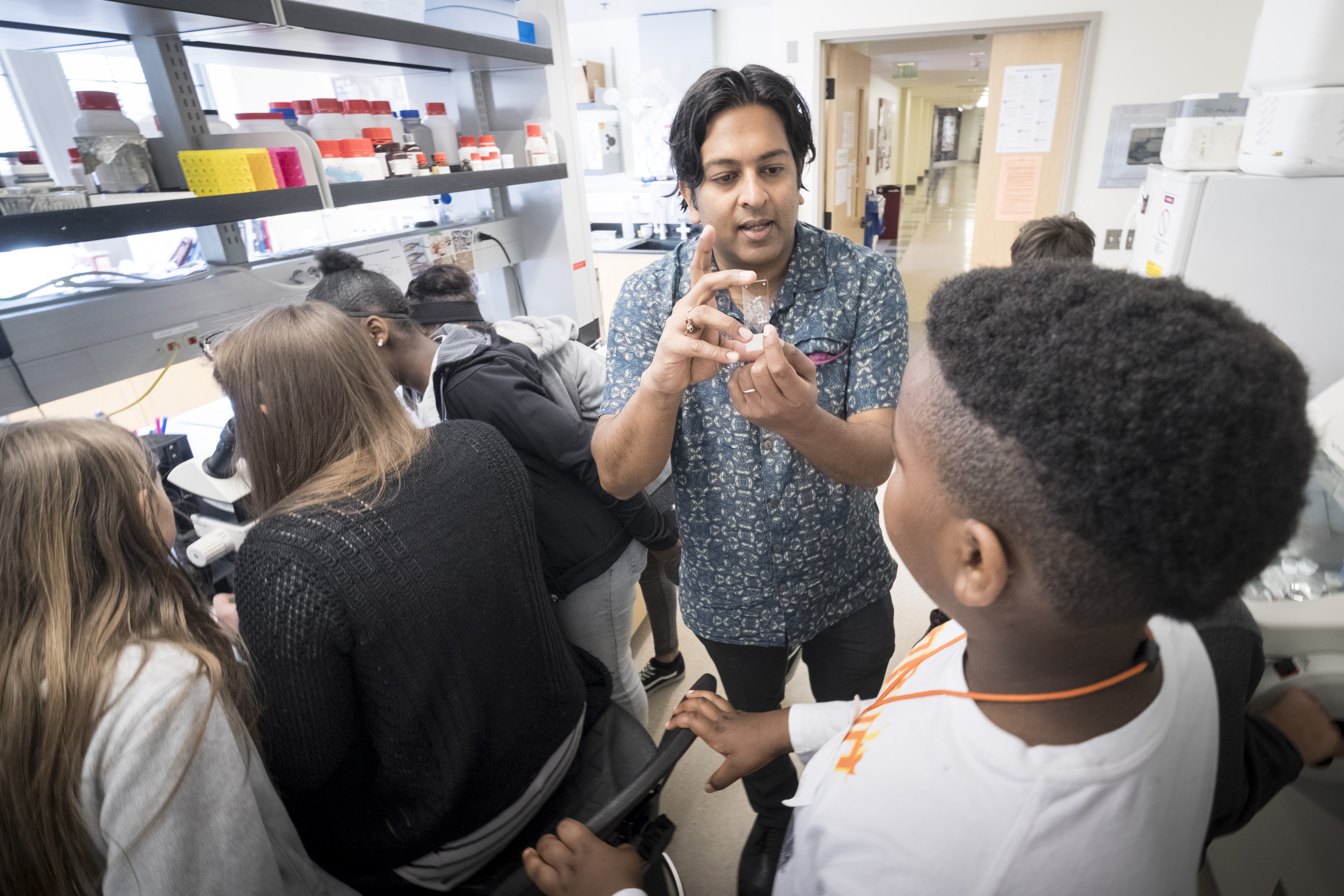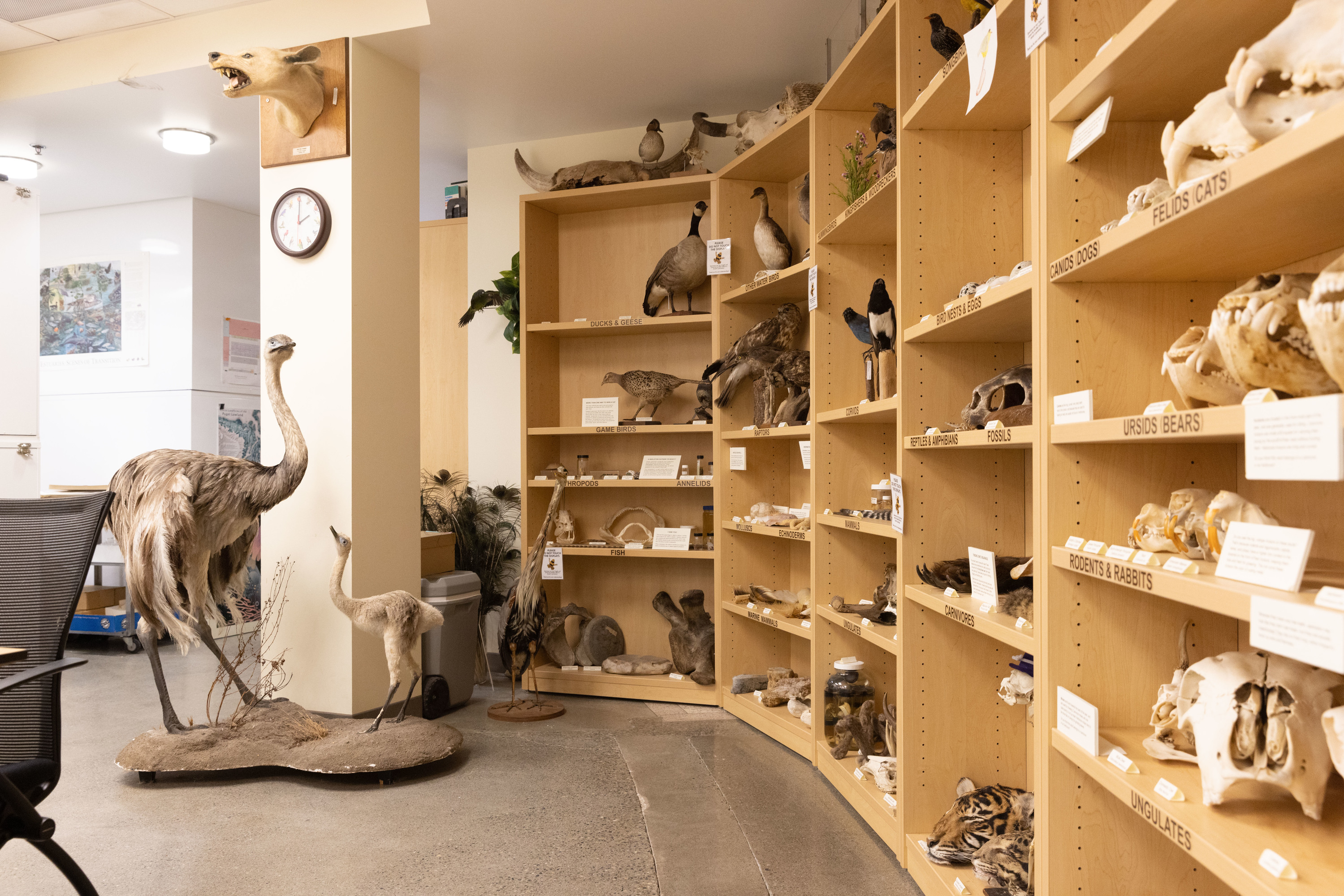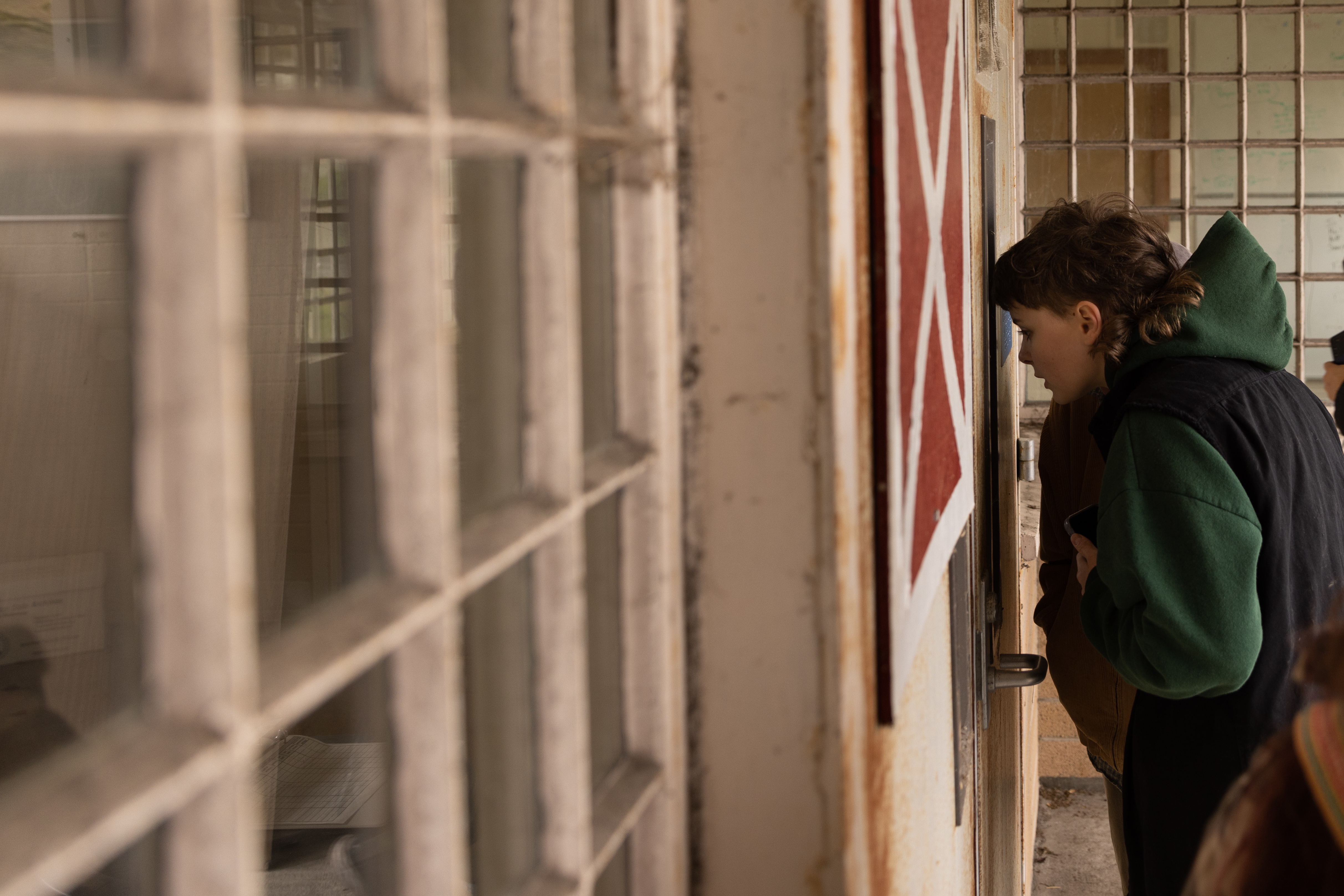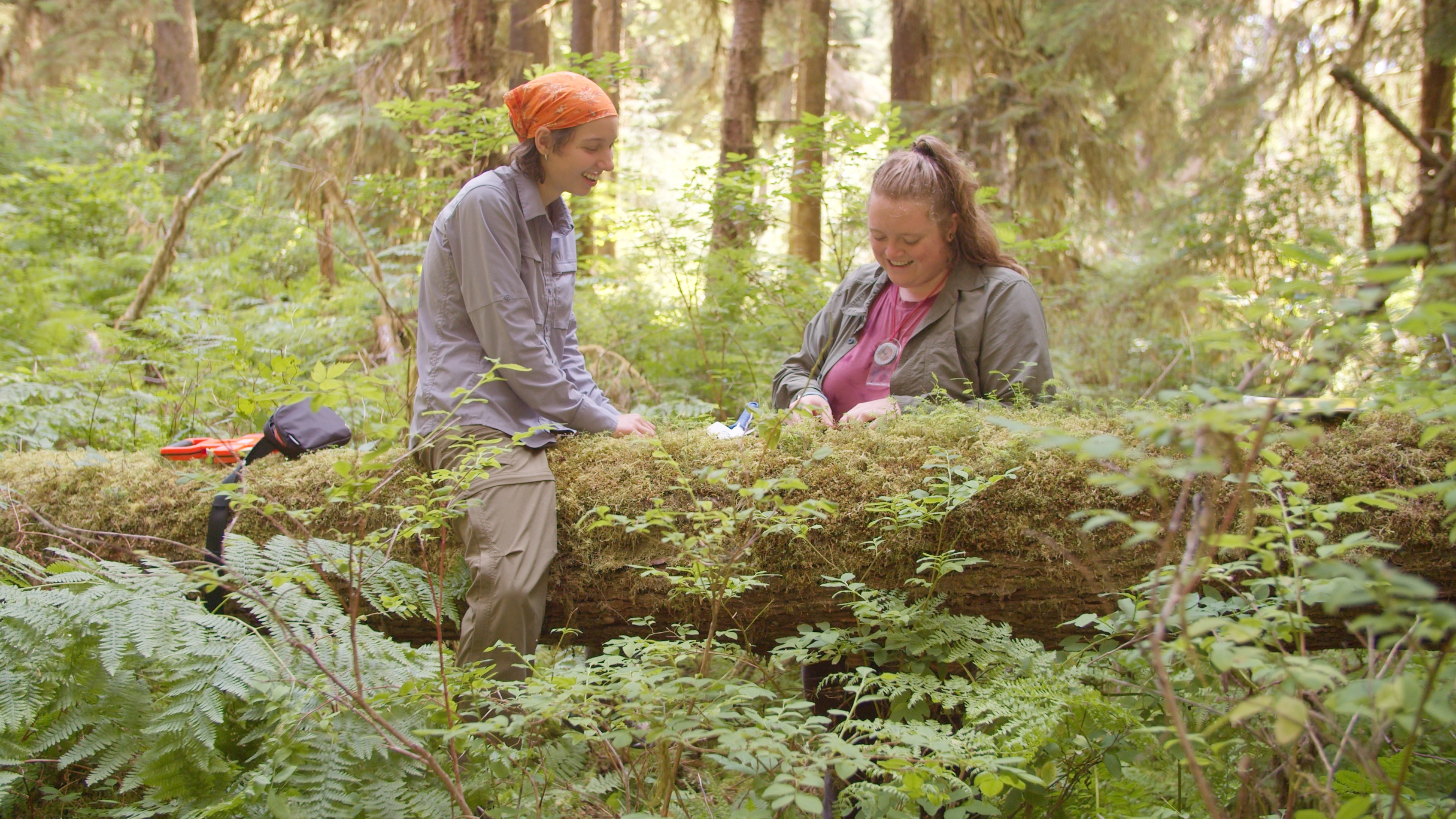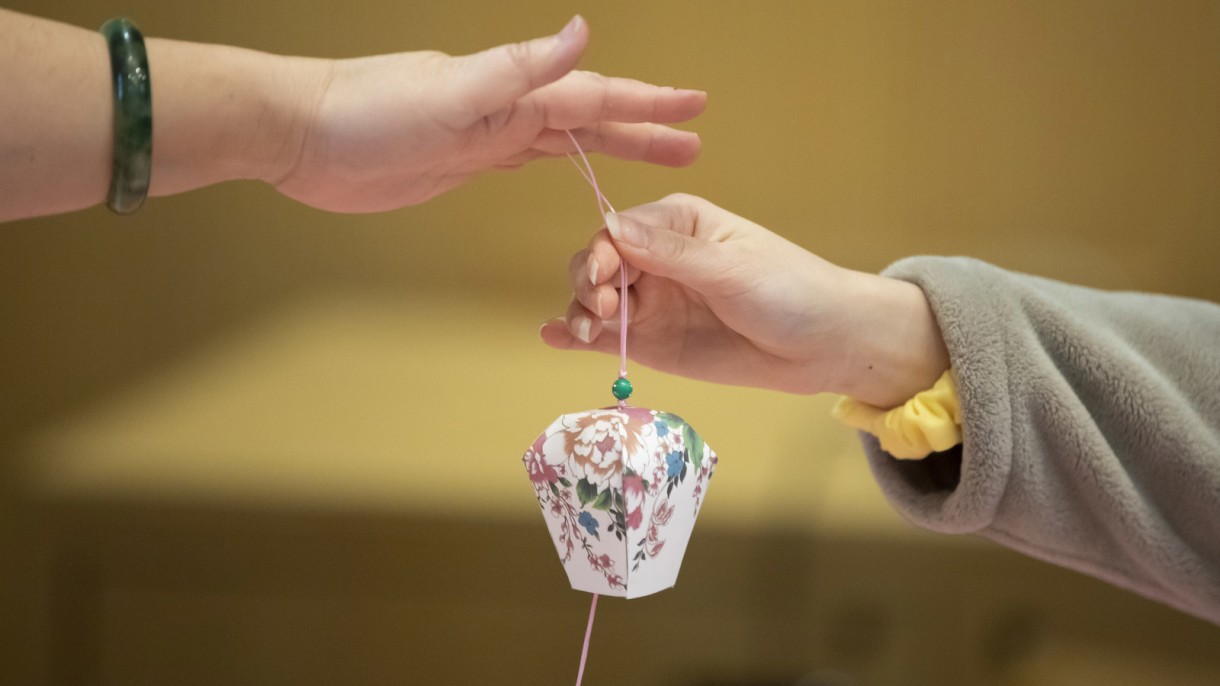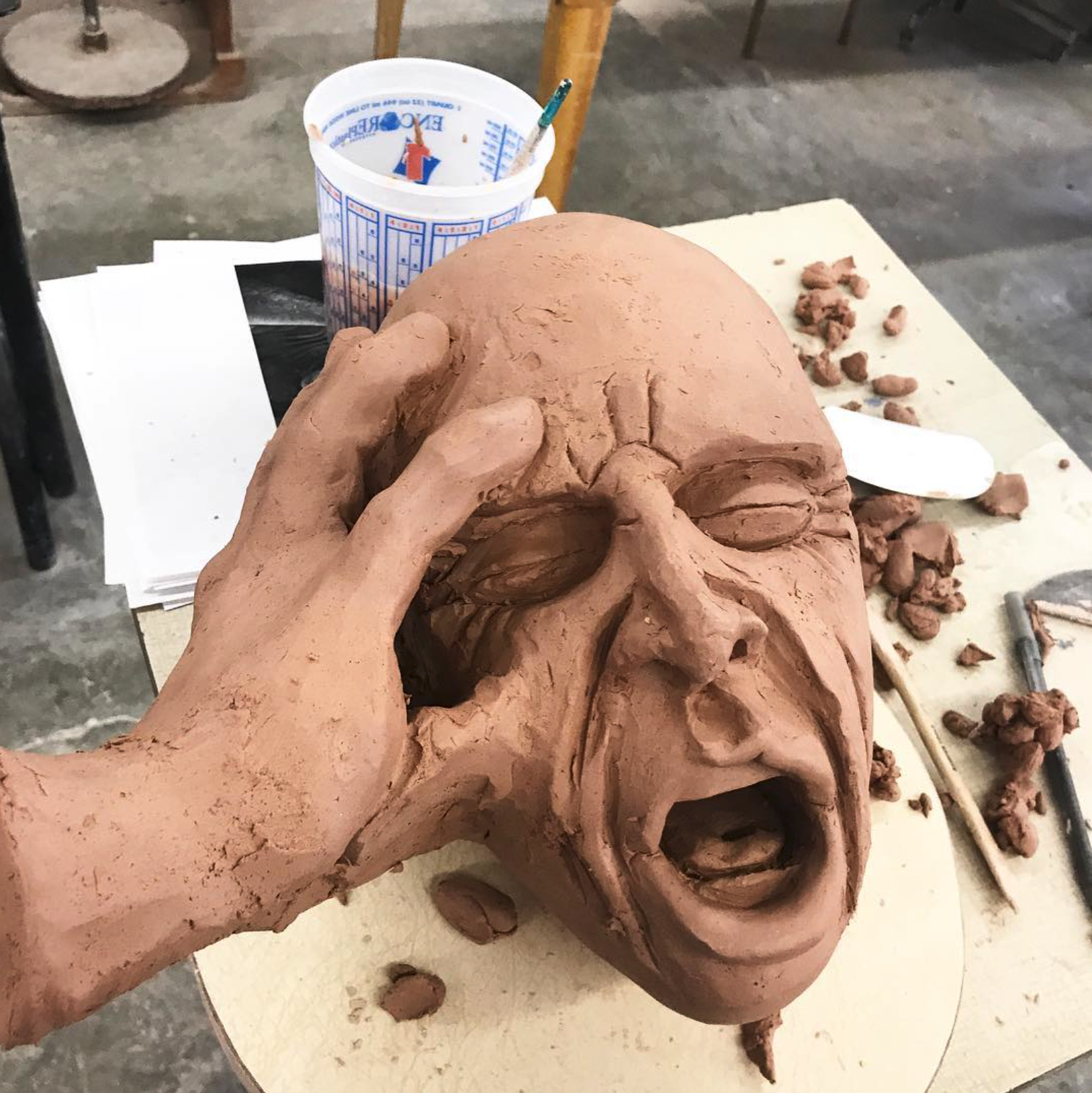A 50th anniversary celebration of the Human Rights Commission
On Oct. 14, 2017, in our Memorial Fieldhouse, the Tacoma Historical Society honored the city’s civil rights pioneers in its 11th annual Destiny Dinner. The gala, “Fighting for Dreams That Matter: Honoring Tacoma’s Civil Rights Pioneers,” attracted about 400 people for an evening of food, music, documentary film, tributes, and awards. Those in attendance included students, President Isiaah Crawford, university faculty and staff, community members, and local officials such as mayor Marilyn Strickland and senator Jeannie Darneille. Before the dinner began, attendees enjoyed a silent auction and a social hour with music by a live band.
The dinner’s host was Bill Baarsma, president of Tacoma Historical Society. Baarsma is also a former Tacoma mayor (2002–09) and an emeritus professor of business and public administration at University of Puget Sound. In opening remarks, he noted the 50th anniversary of the Human Relations Committee (now the Human Rights Commission), founded in October 1967 to study discrimination and bigotry in the city. In her speech, Mayor Strickland said that the Human Rights Commission fought for LGBTQ rights and against housing discrimination before it was fashionable. She further noted that Tacoma is “ahead of the curve” in selecting people from historically underrepresented groups to leadership positions, like superintendent of Tacoma Public Schools, Carla Santorno, and the head of the Visitors and Conventions Bureau, Kim Bedier. “Let’s continue to fight for dreams that matter,” Mayor Strickland said in closing.
In his speech, President Crawford mentioned that Puget Sound was ahead of the curve in founding a Black Student Union at a liberal arts college in the Northwest. In fact, University of Puget Sound has the first BSU chapter in the state of Washington. Later that evening we watched a video of UPS alumnus Louis Smith, who was a student in October 1967 when he announced the formation of the BSU. President Crawford acknowledged that despite this achievement, our black student population is still small. He said the university will work to attract more black students, a statement that drew applause. President Crawford also mentioned university programs that help make the campus fully accessible and inclusive like Latino studies, gender and queer studies, the Race and Pedagogy Institute and RPI conference. “The future belongs not just to some of us, but to all of us,” he said.
One of the more moving moments in the program was a performance of opera selections on the “Tacoma Method,” or the forcible expulsion of Chinese citizens from Tacoma on Nov. 3, 1885. We listened to a singer, dressed as former Tacoma mayor Jacob Weisbach, express anti-Chinese sentiments while a screen behind the performer showed archival news articles on the expulsion. We listened to singing about the May family, who was forcibly expelled from the city. As Rev. David Brown of Immanuel Presbyterian Church reminded us in his speech, the 1885 expulsion involved a mob comprising civic leaders that forced Chinese Americans onto a train to Portland and Vancouver, and then burnt their homes and businesses to the ground. Rev. Brown also reminded the audience that Rev. William McFarland of First Presbyterian Church was one leader who was outspoken against the expulsion and preached about it in a sermon. “Sometimes faith leaders are front and center in civil rights,” Rev. Brown said.
Other memorable moments included the introduction and honoring of notable civil rights pioneers. The inaugural members of the Human Rights Commission stood to a round of applause. Ramona Bennett, a longtime leader in the Puyallup tribe, was introduced as chairing the Puyallup Tribal Council “when it had no land, power, or respect.” Bennett stood and raised her fist to applause.
The evening ended with Star of Destiny awards given to Jim Walton and Laurie Jenkins. Walton is a former Tacoma city manager with a career in public service beginning in 1970. His works include serving as president of United Way of Tacoma-Pierce County, and serving as a board member of Hilltop Homeownership Development Center, among other notable areas of service. Jenkins represents the 27th Legislative District in Pierce County. Her career includes legal and legislative work toward improving public health and ending domestic violence and child abuse.
The Destiny Dinner was a poignant tribute to the diverse and complicated histories of civil rights work in Tacoma. Our university is home to the state’s first Black Student Union, but it is also an institution founded on Puyallup land in 1888—just three years after the Tacoma Method. The dinner served to remind us how diverse histories overlap and intersect.
